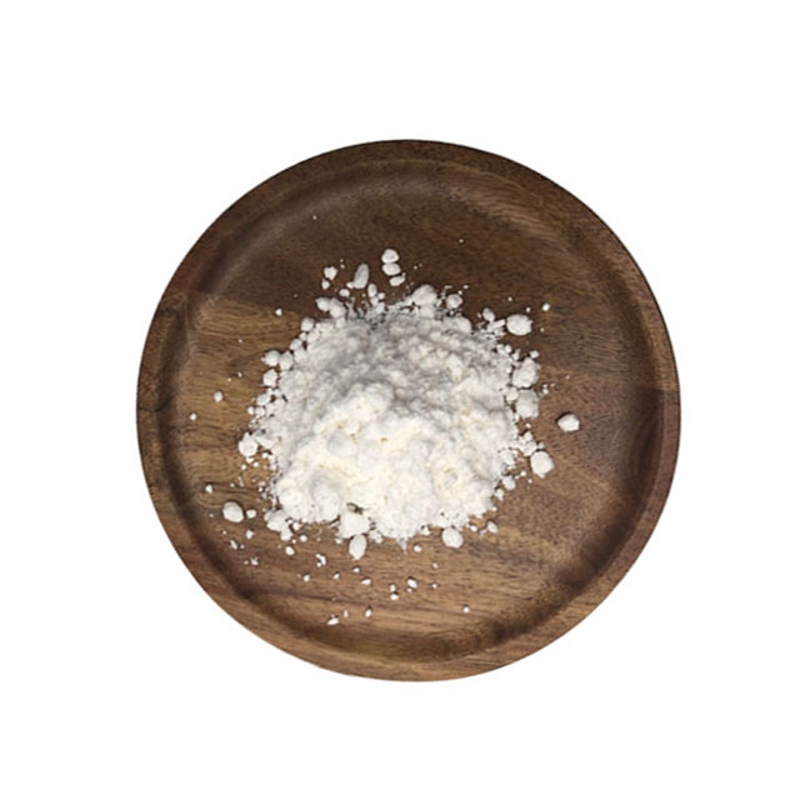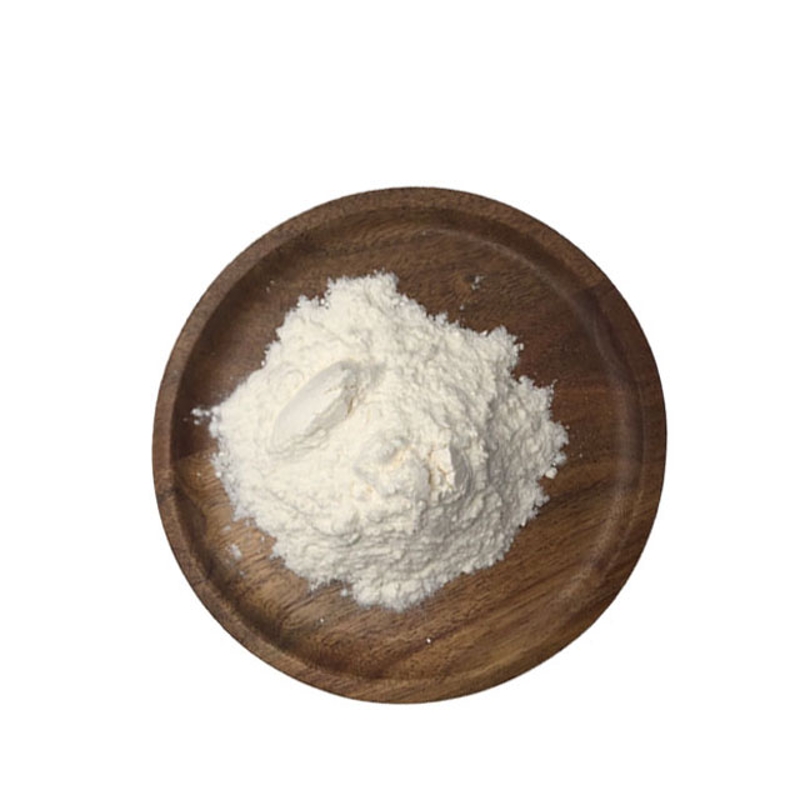-
Categories
-
Pharmaceutical Intermediates
-
Active Pharmaceutical Ingredients
-
Food Additives
- Industrial Coatings
- Agrochemicals
- Dyes and Pigments
- Surfactant
- Flavors and Fragrances
- Chemical Reagents
- Catalyst and Auxiliary
- Natural Products
- Inorganic Chemistry
-
Organic Chemistry
-
Biochemical Engineering
- Analytical Chemistry
- Cosmetic Ingredient
-
Pharmaceutical Intermediates
Promotion
ECHEMI Mall
Wholesale
Weekly Price
Exhibition
News
-
Trade Service
August 22, 2020 // -- Novartis recently announced that it is evaluating the joint targeting therapy Tafinlar (da) in the study of anti-PD-1 therapy partalizumab (PDR001). The Phase III COMBI-i study of brafenib, a BRAF inhibitor) and Mekinist (a MEK inhibitor) for the first-line treatment of advanced melanoma did not reach the primary endpoint of progression-free survival (PFS).
COMBI-i (NCT02967692) is a randomized, double-blind, placebo-controlled Phase III study that has no previous treatment for non-excision (IIIC period) or metastasis (Phase IV) ), conducted in patients with BRAF V600 mutant-positive skin melanoma, the efficacy and safety of the partalizumab-Tafinlar-Mekinist co-medication programme, and the placebo-Tafinlar-Mekinist programme are being evaluated.
previously reported large-scale Phase III clinical trials, Tafinlar-Mekinist remains an effective melanoma treatment.
the study, which was conducted in three parts and was based on the results of the third part of the trial, showed no significant improvement in the progression-free survival (PFS) assessed by the study investigators in the spartalizumab-Tafinlar-Mekinist treatment group compared to the placebo-Tafinlar-Mekinist treatment group.
and COMBI-i researchers will continue to review the data to get more information from the results, which are expected to be presented at a future medical conference.
remains committed to exploring new uses of immunotherapy in cancer treatment, including the continued development of partalizumab in a range of tumor types. "While the COMBI-i trial did not reach its primary endpoint, the results provide us with valuable insights into the possible role of immunotherapy spartalizumab in future cancer combination therapies, and highlight the importance of previously identified Tafinlar-Mekinist targeted combination therapies for these patients," said Dr. John Tsai,
Novart's director of global drug development and chief medical officer.
is committed to treating melanoma patients through ongoing research, and we continue to offer approved combination therapies Tafinlar and Mekinist to patients around the world.
we thank the patients and researchers involved in the COMBI-i study.
their collaboration expands our understanding of partalizumab and its potential role in future cancer treatment.
estimated that about 280,000 new cases of melanoma (phase 0-IV) are diagnosed globally each year, about half of which carry BRAF mutations.
biomarker test can determine whether the tumor carries a BRAF mutation.
partalizumab is an anti-PD-1 therapy that is an anthogenic IgG4 monoantigen, with Yanamore affinity targeting combined with human procedural death subject 1 (PD-1), blocking its interaction with PD-L1/PD-L2, thereby preventing PD-1-mediated inhibitory signal transductivity, leading to T cell activation.
, Novarma is currently working on a large-scale clinical project to evaluate the treatment of multiple types of tumors.
Tafinlar and Mekinist are both targeted anti-cancer drugs, targeting different kinases in the serine/suline kinase family in the RAS/RAF/MEK/ERK signaling circuit, BRAF and MEK1/2, respectively, where abnormal activation of the signaling path is thought to play an important role in the development of melanoma, non-small cell lung cancer (NSCLC), mesothytopenium (ATC) and other types of cancer.
that Tafinlar and Mekinist combined to slow tumor growth more effectively than individual drugs.
-approved adaptations to the Tafinlar-Mekinist combination include: (1) treatment of patients with BRAF V600 mutation III removable, non-removable or metastasis melanoma.
(2) treat patients with metastasis non-small cell lung cancer with BRAF V600E mutation (U.S.) and patients with advanced NSCLC with BRAF V600 mutation (EU).
(3) treated patients with metastatic intergenerational thyroid cancer (ATC) who had spread to other parts of the body, had no satisfactory treatment options, and had abnormal BRAF genes.
addition, Tafinlar and Mekinist have been approved by several countries around the world as a single drug to treat non-removable or metastasis melanoma patients with BRAF V600 mutations.
, Novart is currently working on a global clinical project to evaluate the Tafinlar-Mekinist combination to treat a range of types of tumors.
() Original source: Novartis provides update on Phase III study evaluating investigational spartalizumab (PDR001) in-composition with Tafinlar® and Mekinist® in advanced melanoma.







